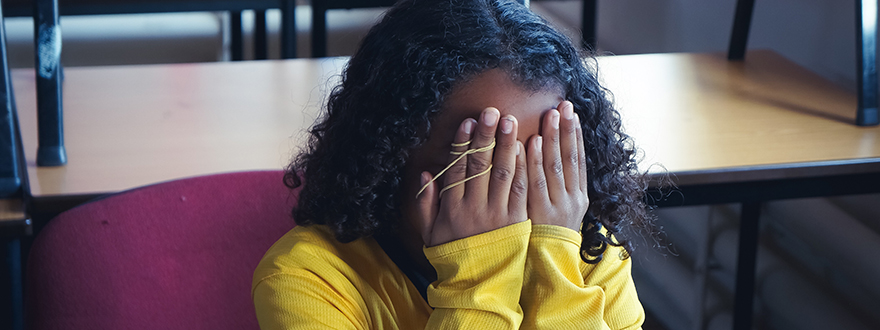
Oct 9, 2018 12:00:00 AM
Shanessa Fenner is an elementary principal and has also been a middle school principal. She holds a bachelor’s degree in elementary education, two master’s degrees in elementary education and school administration, and a doctorate in educational leadership. She also received the North Carolina Principal Fellows Scholarship. Fenner is very active in her community as well as other things. She has a TV show entitled “Let’s Talk with Dr. Shanessa Fenner” and is the host of “The Bronco Exchange” which is a TV show for Fayetteville State University. She is also co-host of a radio show called “iTeach.” In her free time, she is an actor and does voiceover work. She is a writer for Up & Coming Weekly, The Fayetteville Press Newspaper, Array Magazine, and many other publications. She is a former radio personality for KISS 107.7 FM. She has a girl’s group at her school called Dr. Fenner’s Young Women of Distinction. The group meets bi-monthly. Fenner has high expectations for the students at her school and many of her conversations focus around college, lifelong learning, and achieving great things. She believes that people were placed on Earth to do great things and that is what she plans on doing.
The story you tell yourself about your own math ability tends to become true. This isn’t some Oprah aphorism about attracting what you want from the universe. Well, I guess it kind of is, but...
If you have a child with disabilities, you’re not alone: According to the latest data, over 7 million American schoolchildren — 14% of all students ages 3-21 — are classified as eligible for special...
The fight for educational equity has never been just about schools. The real North Star for this work is providing opportunities for each child to thrive into adulthood. This means that our advocacy...
Your donations support the voices who challenge decision makers to provide the learning opportunities all children need to thrive.
Ed Post is the flagship website platform of brightbeam, a 501(c3) network of education activists and influencers demanding a better education and a brighter future for every child.
© 2020–2024 brightbeam. All rights reserved.
Leave a Comment